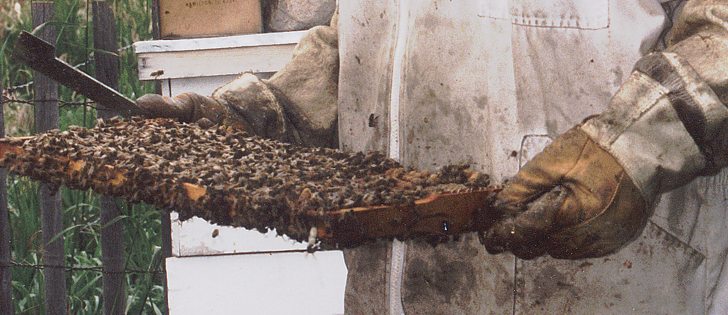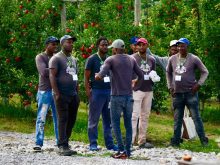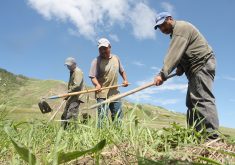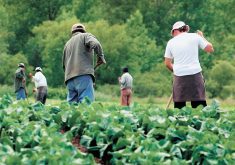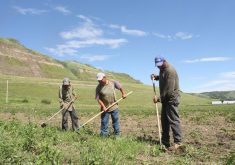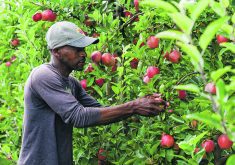Kevin Nixon and many beekeepers across Canada slept well last night.
Yesterday, the federal government announced changes to the Temporary Foreign Worker Program, throwing out a controversial rule where foreigners could only work in Canada for four years.
“In order to prevent unnecessary hardship and instability for both workers and employers, the four-year cumulative duration rule will no longer apply to temporary foreign workers in Canada, effective immediately,” the feds said in a press release.
The regulation, known as the four and four rule, was put in place in 2011. Under the rule, temporary foreign workers could have a job in Canada for four years and then would be ineligible to work in Canada for the next four years.
Read Also

Saskatchewan throne speech promises strong economy
Saskatchewan’s legislative agenda for the coming year will focus on meeting the challenges of new world trading relationships, said the speech from the throne.
The Canadian Honey Council (CHC) and provincial beekeeping associations lobbied, vigorously, against the rule. Honey producers, particularly in the Prairies, depend on temporary foreign workers because they can’t find Canadians to work in beekeeping operations.
Nixon, who operates Nixon Honey Farm near Red Deer, Alta., said the elimination of the four and four rule is a “big deal” for Canadian beekeepers.
“It (the decision) caught me by surprise. We were hopeful this was coming but you … never know,” said Nixon, CHC chair. “It’s been a few years of worry and trying to discuss this with government. So it’s nice to see a positive outcome.”
About 600 people work in Alberta’s beekeeping industry and of those approximately 70 to 80 percent are foreign workers, Nixon said.
Not all of the employees are from the TFWP. A number of beekeepers use the Seasonal Agricultural Workers Program (SAWP), which applies to workers from Mexico and the Caribbean.
Many temporary foreign workers at Canadian honey operations come from the Philippines, Nicaragua and Guatemala.
Honey producers across the Prairies were concerned about the four and four rule because many operations employed the same foreign workers for years or decades.
Forcing those experienced employees to leave Canada made no sense for beekeepers or the foreign workers, Nixon said.
This year two of Nixon’s foreign employees had to leave Canada because they breached the four and four rule.
He was worried they would never return but now they likely will.
“If you have workers with you for six to eight years, you can’t replace that in a year,” he said. “It (this change) is going to be good for the workers. For them to continue building their lives…. (And) it will allow (beekeepers) to sleep better at night, knowing they are able to bring their experienced employees … back to work. And not have to replace them.”
In addition to the four and four rule, the feds said employers using foreign workers must do more to recruit Canadians.
“The government will require low-wage employers, where appropriate, to advertise to more than one, and up to four, under-represented groups in the workforce — youth, persons with disabilities, Indigenous people and newcomers.”
The federal government will announce further changes to the TFW program in 2017.
Contact robert.arnason@producer.com


